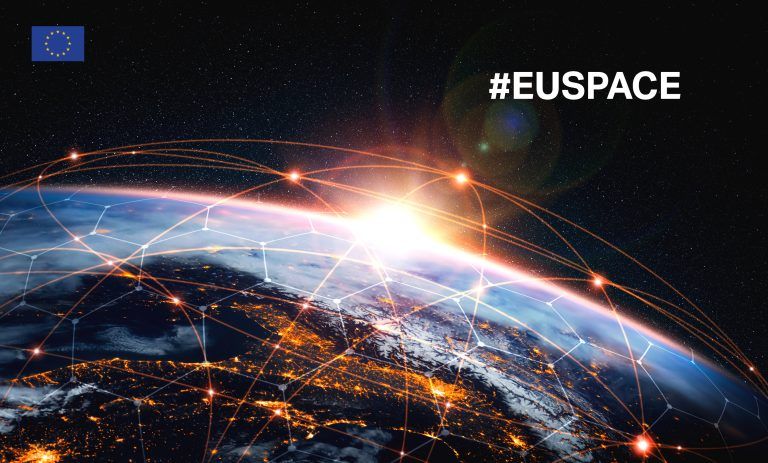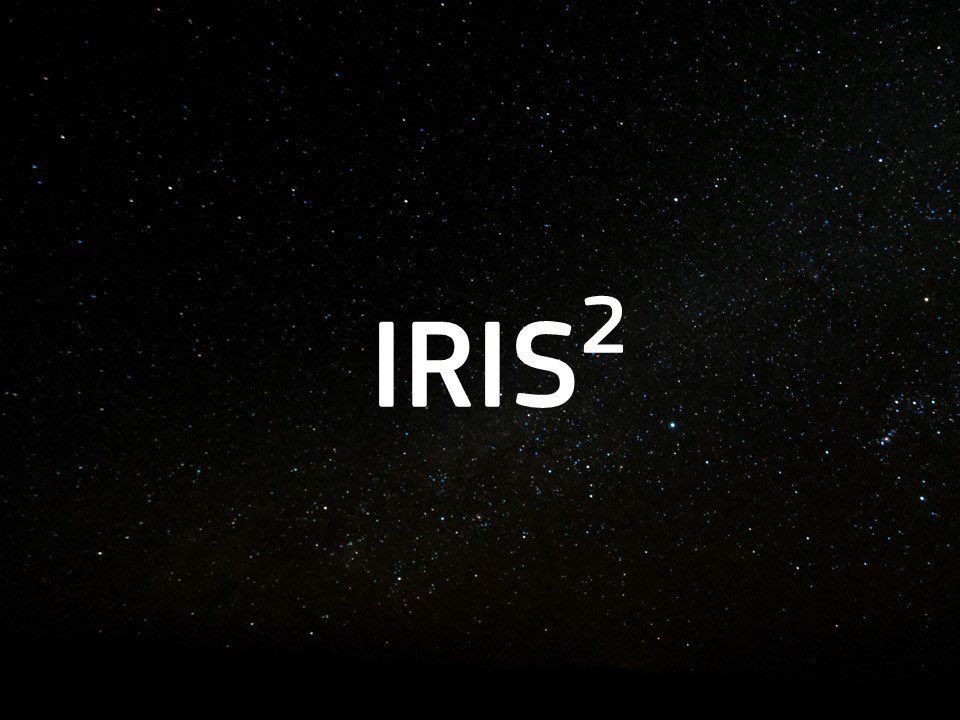The programme sets goals for the European Union to deploy an EU satellite constellation called ‘IRIS²’ that will provide ultra-fast and highly secure communication services by 2027.
The Council has adopted a regulation on the EU’s secure connectivity programme for 2023-2027. This is the last step in the decision-making procedure.
The programme sets goals for the European Union to deploy an EU satellite constellation called ‘IRIS²’ (Infrastructure for Resilience, Interconnectivity and Security by Satellite). IRIS² will provide ultra-fast (low latency) and highly secure communication services by 2027. The security of these communications will be based on advanced encryption technologies, including quantum cryptography, a method that uses the properties of quantum mechanics to secure and transmit data in a way that cannot be hacked.
Governments will benefit from this space-based communication system for services like protection of critical infrastructure, surveillance, support for external action or crisis management, thereby helping to improve the EU’s resilience and sovereignty.

EU Space is the key to disaster risk management and response
|
Increasing communication security
The programme contributes to the EU digital transition and to the EU’s global gateway strategy, since it can provide secure connectivity over geographical areas of strategic interest beyond the European borders, such as the Arctic region or Africa.
Having a satellite-based communication system can also ensure fast and secure communication services even where terrestrial communication networks have been disrupted, for instance by natural disasters, terrorism or cyberattacks.
An integrated system
The system includes new infrastructure to be built through the award of contracts. The concessionaire(s) should also provide the resources for commercial services, thereby ensuring that technological advances and their use by governments are one of the drivers of innovation and wider commercialisation in the Union.
The programme reinforces the competitiveness of EU satellite communication services through an innovative project led by the EU Agency for the Space Programme (EUSPA) and involving a range of partners including the member states, the European space agency (ESA) and private companies.
More information: European Council







Leave a Reply